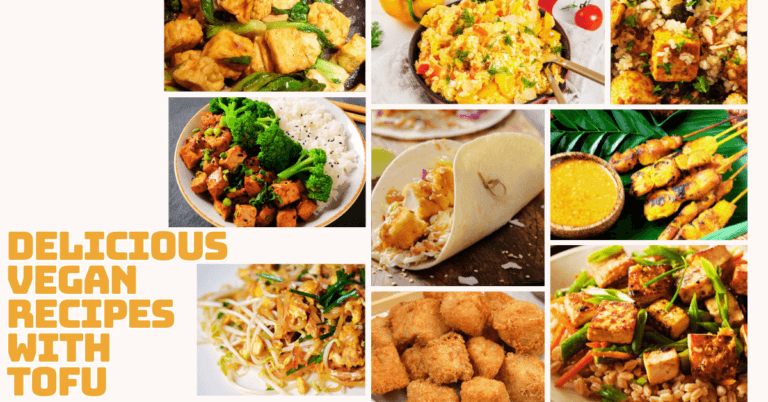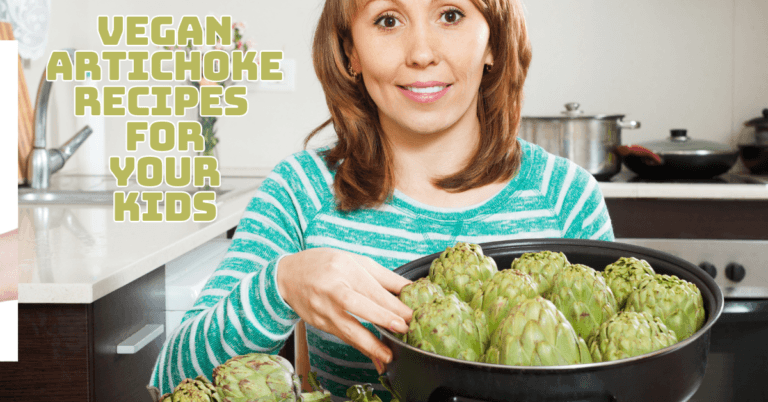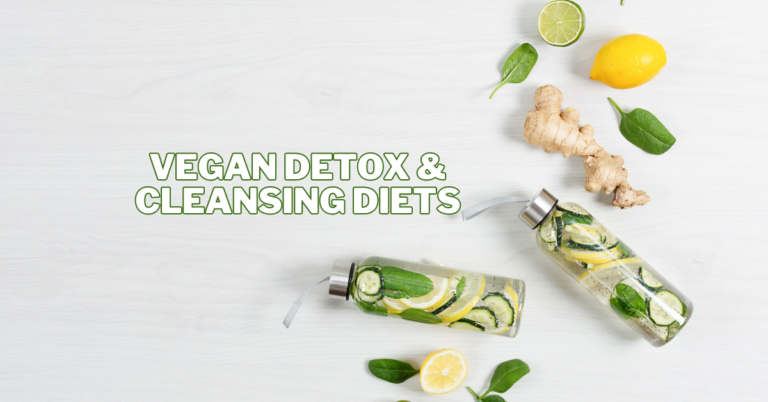Plant-Based vs Vegan Diets – What’s The Difference
Plant-Based vs Vegan Diets – What's The Difference
Two terms often surface in dietary choices: “plant-based” and “vegan.” Although they may sound similar, they have distinct nuances in food that can significantly impact one's lifestyle and health.
Picture this: you're standing at the crossroads of nutrition and curious about the paths that lead to a more mindful and compassionate way of eating. Should you venture down the plant-based lane or follow the vegan route?
To make an informed choice, let's unravel the intriguing differences and delicious possibilities that await in the realm of plant-based and vegan diets.
Keep reading to learn more about the distinctions between a plant-based diet and a vegan one.
This page also discusses important details about various plant-based diets, including their potential environmental and health advantages.
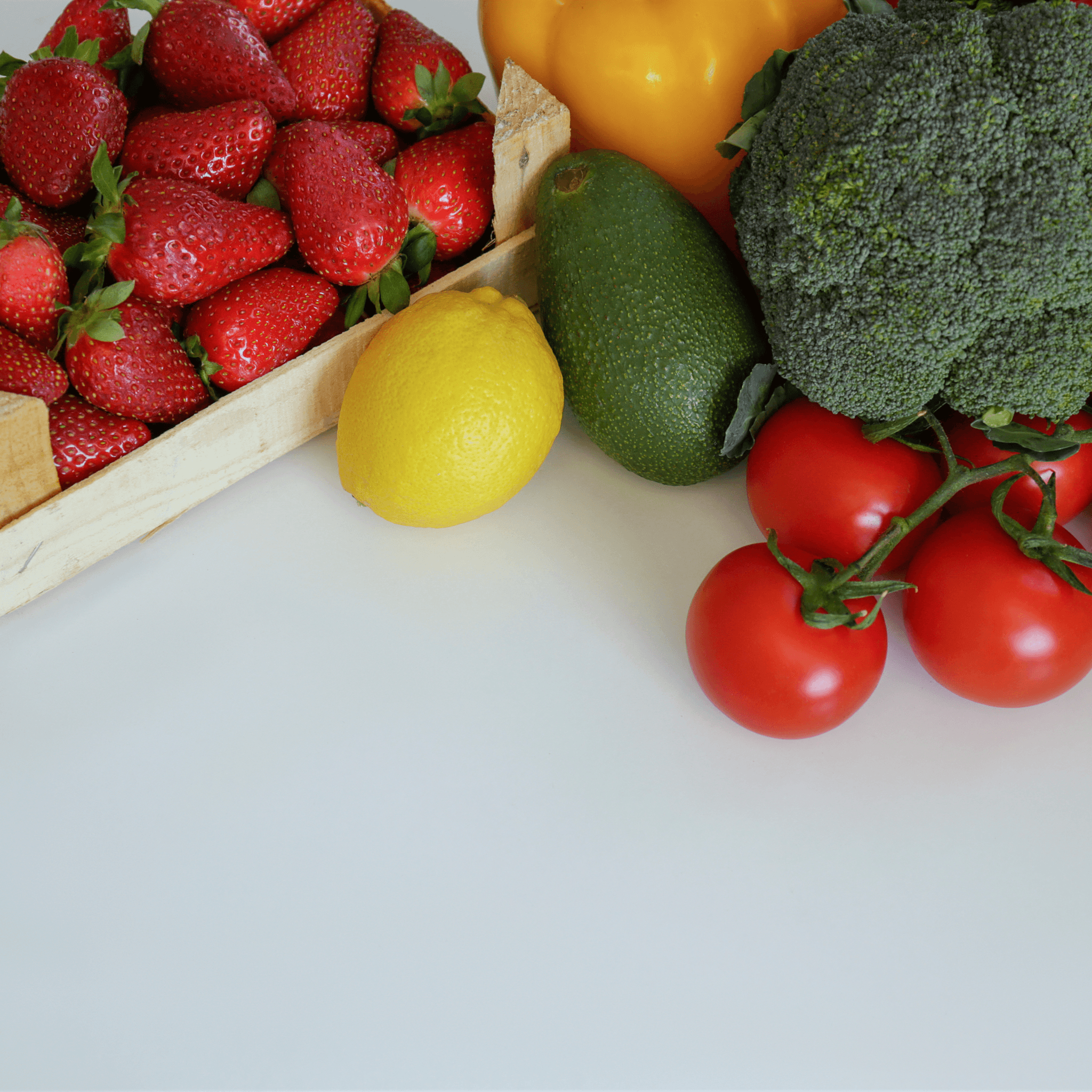
History Of The Plant-Based Movement
The history of the plant-based movement is a captivating journey that reflects humanity's evolving relationship with food, health, and the environment.
Its roots can be traced back to ancient civilizations like Greece and India, where philosophers and physicians espoused the virtues of plant-centric diets for their potential to promote wellness and longevity.
However, it was in the mid-20th century that the movement gained substantial momentum.
Pioneering figures like Dr. T. Colin Campbell and Dr. Caldwell Esselstyn conducted groundbreaking research on the health benefits of plant-based diets, linking them to reduced risk of chronic diseases.
In the 21st century, documentaries like “Forks Over Knives” and best-selling books like “The China Study” brought the plant-based message to a global audience, further fueling its popularity.
Today, the movement continues to flourish, with many individuals embracing plant-based eating for reasons ranging from personal health and ethical considerations to environmental sustainability.
It's a rich tapestry of history woven with the threads of ancient wisdom and modern scientific discoveries, offering a promising path towards a healthier, more compassionate, and eco-conscious future.

History Of The Vegan Diet
The history of the vegan diet dates back to ancient civilizations when individuals in cultures such as ancient Greece and India practiced vegetarianism for moral and spiritual reasons.
In the 18th and 19th centuries, European intellectuals and health reformers advocated for plant-based diets.
Donald Watson coined the term “vegan” in 1944. He and his wife Dorothy founded the Vegan Society in the UK.
Veganism gained traction in the late 20th century, driven by ethical concerns, environmental awareness, and influential literature such as Peter Singer's “Animal Liberation.”
Over time, veganism transitioned from a niche lifestyle to a global movement, with widespread adoption and acceptance.
The 21st century has seen the proliferation of plant-based alternatives and a significant impact on the food industry, reflecting the evolution of the vegan diet from ancient practices to a contemporary lifestyle embraced for ethical, health, and environmental reasons.
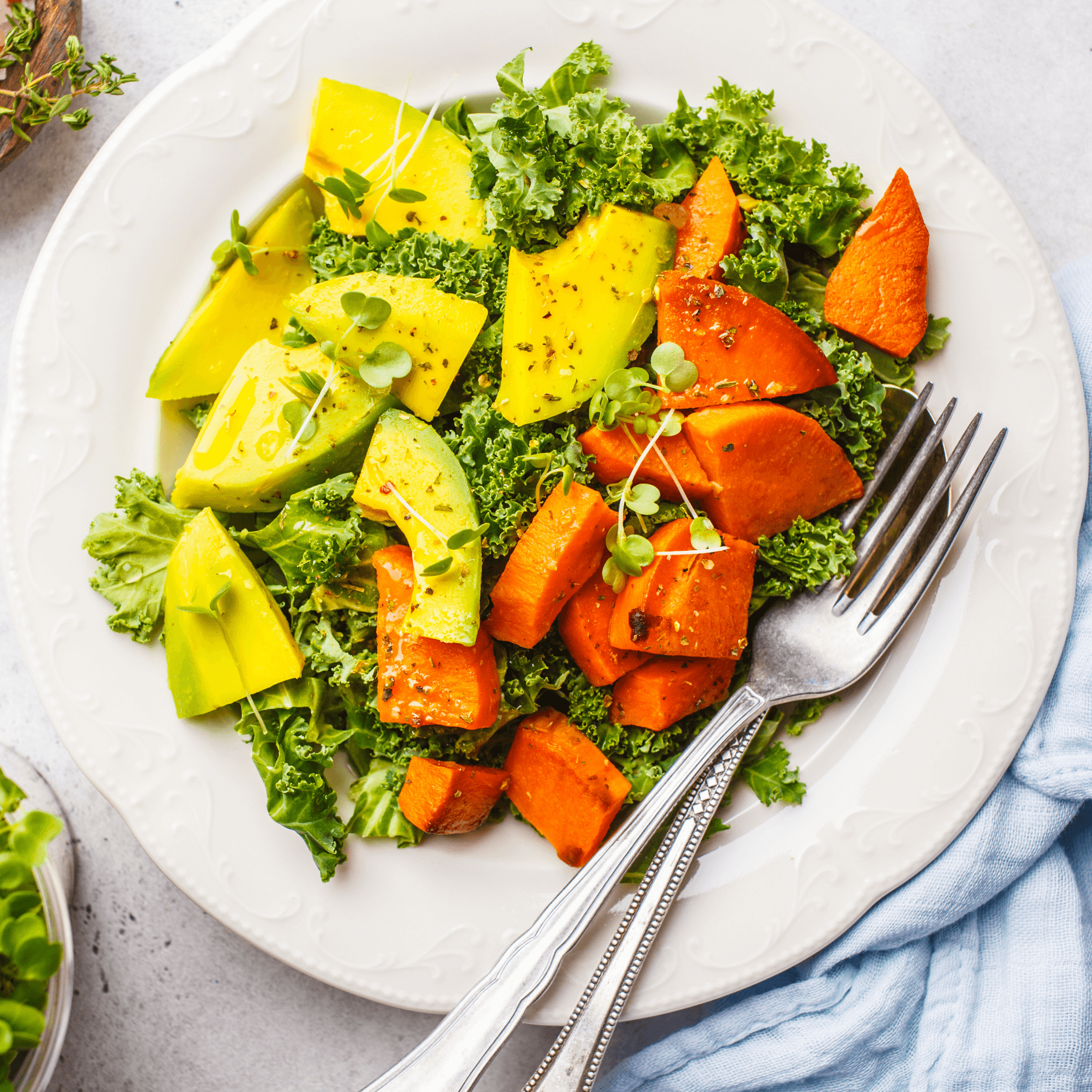
What Is A Plant-Based Diet?
A plant-based diet is a pattern of eating foods derived primarily from plants. It emphasizes whole, unprocessed ingredients while minimizing or eliminating animal products.
It is not a one-size-fits-all approach but a flexible spectrum that accommodates individual preferences and values.
Fruits, vegetables, whole grains, legumes, nuts, and seeds are given priority in a plant-based diet as the staples of every meal.
Multiple studies suggest that plant-based diets may reduce the incidence of chronic diseases, including heart disease, diabetes, and some types of cancer. Thus, this dietary option is frequently characterized by its focus on health and well-being.
Furthermore, a plant-based diet is aligned with ethical and environmental considerations, as it tends to have a lower ecological footprint and addresses concerns about animal welfare.
It's a nourishing, diverse, and compassionate way of eating that celebrates the abundance of flavours and nutrients that nature provides while promoting personal health and sustainability for the planet.
Whether someone embraces it for health, ethical, or environmental reasons, a plant-based diet offers a pathway to a more mindful and harmonious relationship with food and the world around us.
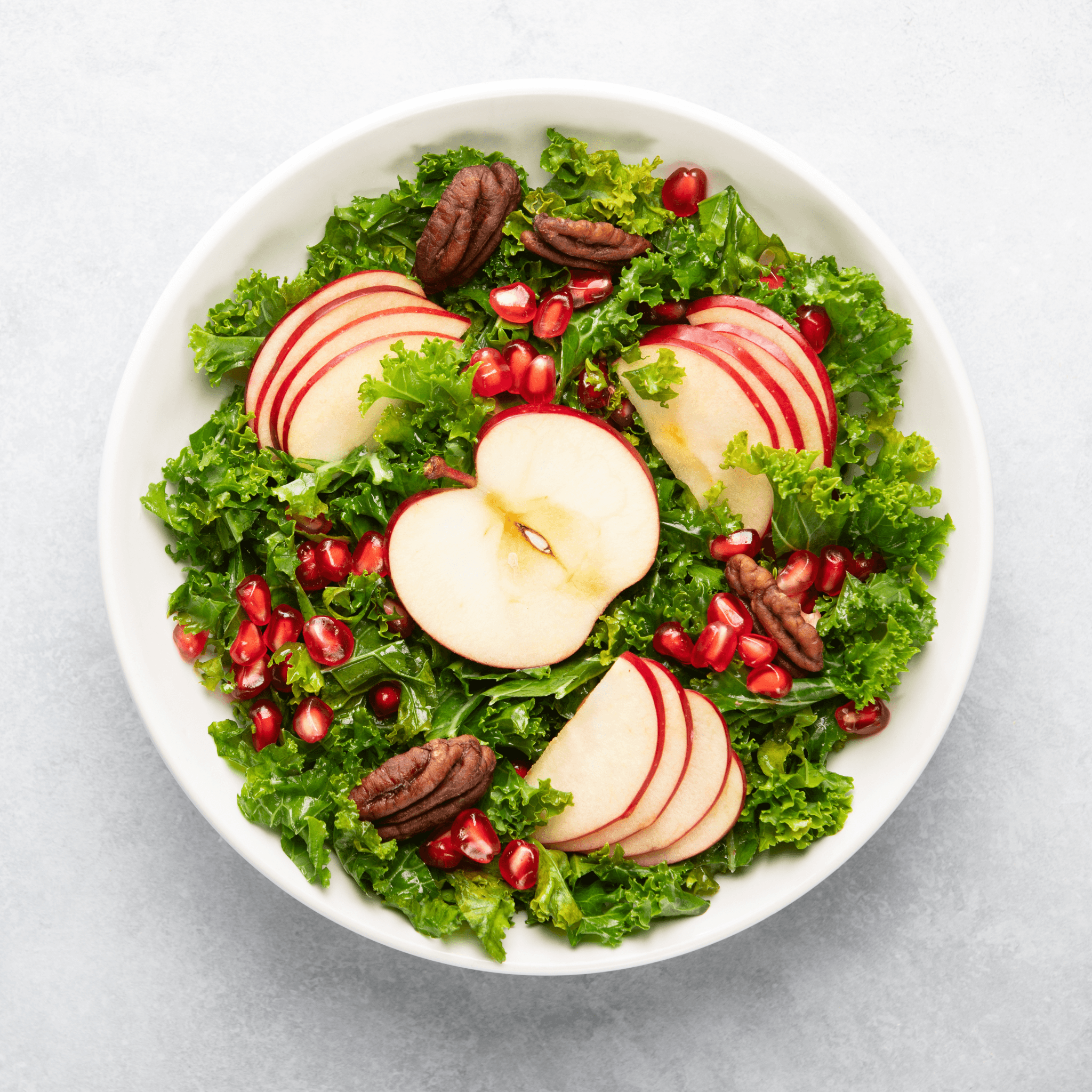
What Exactly Is The Vegan Diet?
The vegan diet is a lifestyle choice that excludes animal-derived products from meals and everyday life. It is a plant-based diet that is strictly adhered to.
Vegans abstain from consuming not only meat and dairy but also eggs, honey, and any other foods derived from animals.
Additionally, veganism extends beyond the plate; it encompasses a commitment to avoiding products that involve animal exploitation, such as leather, fur, and cosmetics tested on animals.
The vegan diet is not merely a dietary preference but often a deeply held ethical and environmental conviction.
Many vegans adopt this lifestyle to align with animal rights and welfare principles, reduce their ecological footprint, and contribute to a more sustainable and compassionate world.
While it can require careful dietary planning to ensure nutritional adequacy, the vegan diet offers a rewarding journey of discovering delicious plant-based alternatives and fostering a profound sense of connection to animals and the planet.
This decision goes beyond one's health and aligns with more general worries about the ethical treatment of animals and environmental preservation.
Plant-Based vs. Vegan Diet: Key Differences
Plant-based and vegan diets are often used interchangeably, but nuanced differences distinguish them regarding dietary focus, lifestyle choices, and underlying motivations.
Individuals can make more educated decisions regarding their dietary and ethical preferences by being aware of these distinctions.
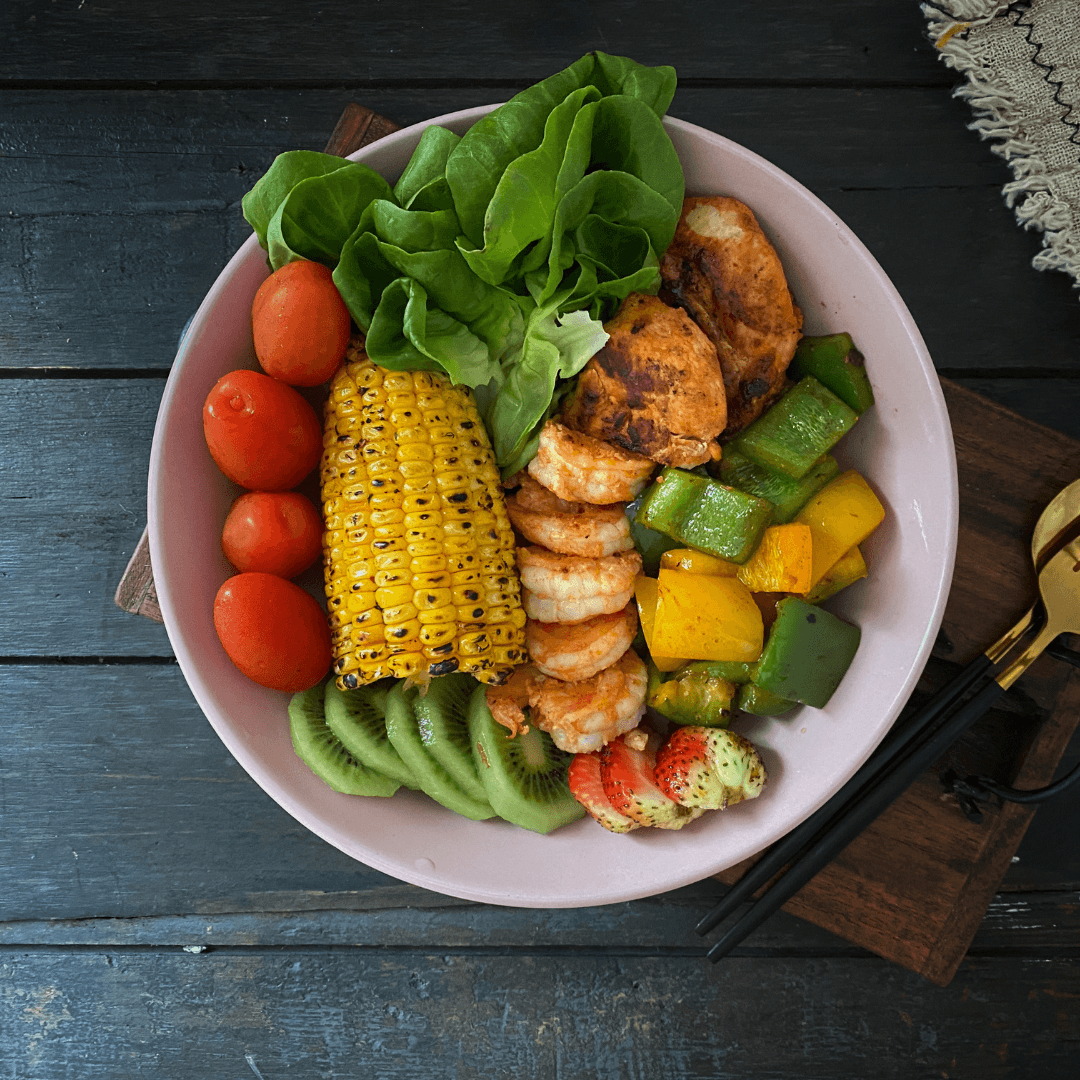
Number 1: Dietary Focus
Plant-Based Diet – Dietary Focus
1. Focus On Whole, Minimally Processed Foods
Plant foods that have yet to be processed very much or at all are the mainstay of plant-based diets.
Fresh produce, whole grains like quinoa and brown rice, legumes like lentils and chickpeas, nuts, and seeds are a few of them. These foods serve as the basis of the diet and offer a variety of nutrients.
2. Flexibility In Strictness
Plant-based diets offer a spectrum of flexibility. Some individuals follow a strict plant-based diet, entirely excluding animal products.
Others, known as flexitarians, may occasionally incorporate small amounts of animal products, like dairy or fish, into their diet. This flexibility can make it easier for people to transition into plant-based eating.
3. Health-Centric Approach
Health is one of the main reasons people switch to a plant-based diet. According to research, eating a plant-based diet can lower your chance of developing chronic illnesses like heart disease, high blood pressure, type 2 diabetes, and several types of cancer. The diet's focus on nutrient-dense meals encourages general health.
4. Nutrient Density Of Plant Foods
Plant-based diets prioritize nutrient-dense foods, providing a high concentration of essential vitamins, minerals, fiber, and antioxidants.
For instance, while beans are a great protein and dietary fiber source, leafy greens like kale and spinach are high in iron and calcium. The diversity of plant foods ensures that followers of this diet receive a wide array of nutrients.
5. Variety Of Food Choices
Plant-based diets celebrate culinary diversity by exploring the countless plant-based ingredients and cuisines worldwide.
Whether enjoying a vibrant Mediterranean salad, savouring spicy Indian curries, or indulging in Mexican bean burritos, there's a world of flavours to explore within the plant-based realm.
6. Focus On Whole Grains
Whole grains, such as brown rice, quinoa, oats, and whole wheat, are staples in a plant-based diet.
They offer nutritional fiber, which improves digestive health and helps control blood sugar levels, and complex carbohydrates for long-lasting energy.
7. Plant-Based Protein Sources
Plant-based diets are rich in plant-based protein sources like beans, lentils, tofu, tempeh, and seitan.
These nutritious protein-rich foods contribute to a reduced environmental footprint compared to animal-based protein sources.
A plant-based diet centers on whole, minimally processed plant foods, with flexibility in dietary choices.
It is primarily motivated by health benefits and emphasizes nutrient-dense, plant-derived foods that support overall well-being.
This dietary approach promotes various delicious and nutritious foods while accommodating varying degrees of strictness based on individual preferences and goals.
Vegan Diet – Dietary Focus
1. Exclusion Of All Animal Products
A vegan diet is defined by its strict exclusion of all animal-derived products. This encompasses not only meat, dairy, eggs, and honey but also any ingredients or additives sourced from animals. This rigid adherence to plant-based foods sets veganism apart.
2. High Strictness Level
Vegans maintain strictness in their dietary choices, refraining from consuming animal-based foods or products.
This strict adherence aligns with the ethical principles of avoiding animal exploitation, suffering, and harm.
3. Ethical And Environmental Focus
While veganism offers health benefits, its core motivations are ethical and environmental.
Veganism seeks to address animal welfare concerns by eliminating support for industries that exploit animals.
Animal agribusiness is a significant source of greenhouse gas emissions, deforestation, and resource depletion. Hence, it also addresses environmental concerns.
4. Emphasis On Whole Foods Or Plant-Based Substitutes
Individuals have choices within the vegan diet spectrum. Some vegans focus on whole, minimally processed plant foods, such as fruits, vegetables, grains, legumes, nuts, and seeds.
Others may incorporate vegan substitutes, which can be highly processed and designed to mimic the taste and texture of animal-based products.
These substitutes include plant-based burgers, dairy-free cheese, and meat alternatives like tofu and seitan.
5. Variety Of Plant-Based Protein Sources
Vegans rely on various plant-based protein sources, including beans, lentils, chickpeas, quinoa, tempeh, tofu, and nuts and seeds. These foods provide ample protein to support dietary needs.
6. Elimination Of Animal-Based Fats
Vegans avoid saturated fats in animal products, which can contribute to heart disease. Instead, they prioritize healthy fats from plant sources, such as avocados, nuts, seeds, and olive oil.
7. Animal Product-Free Lifestyle
Veganism extends beyond diet to encompass lifestyle choices. Vegans seek to eliminate the use of animal products in clothing, cosmetics, and other aspects of daily life.
This comprehensive approach aligns with the ethical stance of reducing all forms of animal exploitation.
The environmental diet is characterized by its strict exclusion of all animal products and byproducts.
It is rooted in ethical and ecological concerns, prioritizing the well-being of animals and the planet's sustainability.
Vegans may opt for whole, minimally processed plant foods or embrace vegan substitutes while adhering to a philosophy that extends to various aspects of life, promoting compassion and sustainability.
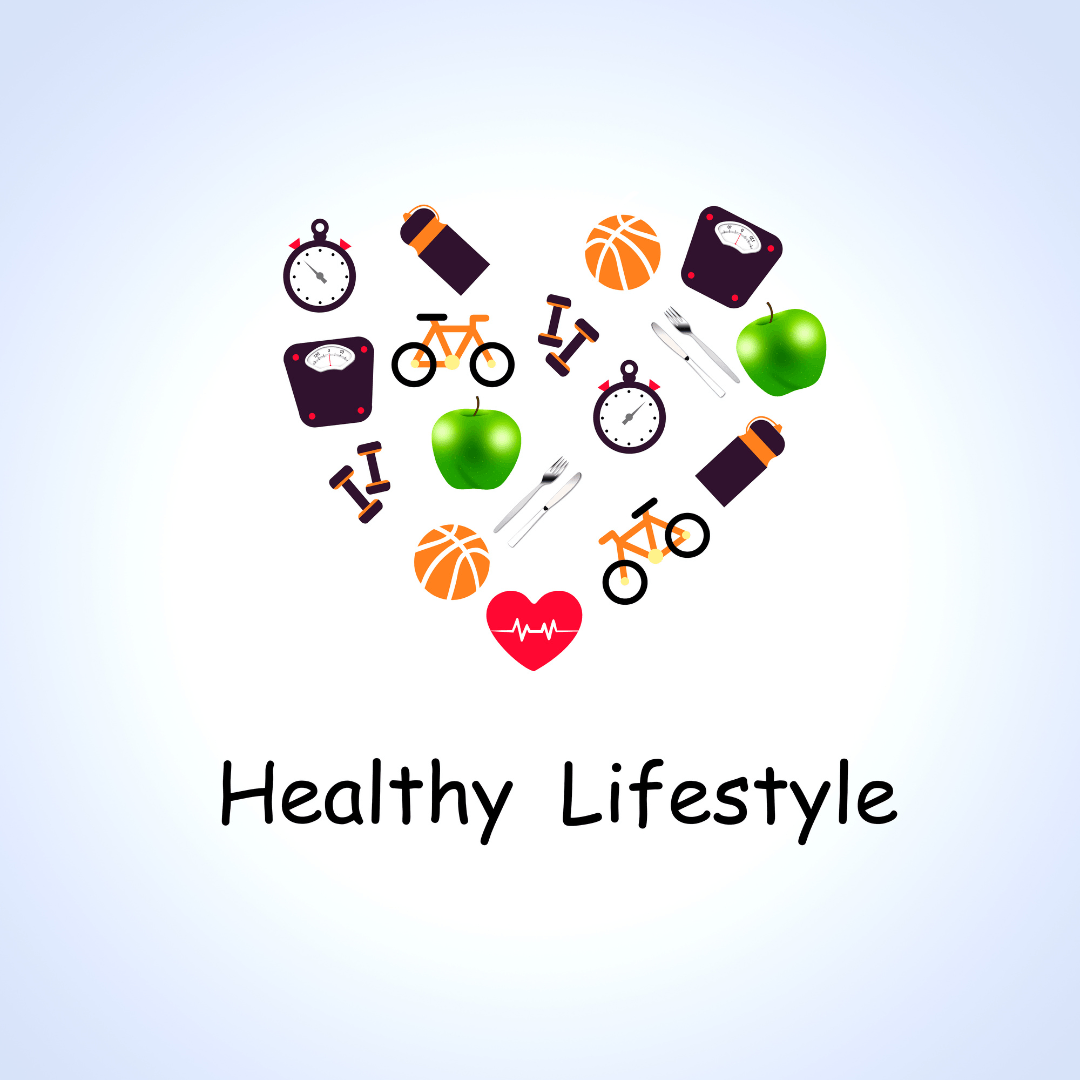
Number 2: Lifestyle Choices
Plant-Based Diet – Lifestyle Choices
1. Flexibility
Plant-based diets offer a spectrum of flexibility that can suit various preferences and lifestyles.
Unlike veganism, which often extends beyond diet to include ethical and environmental considerations, plant-based diets primarily focus on food choices.
This means that individuals following a plant-based diet may not strictly adhere to vegan principles in all aspects of their lives.
For example, they might still use leather products or cosmetics that have been tested on animals.
This flexibility can appeal to those primarily motivated by health reasons and may occasionally choose to consume animal products or animal-derived ingredients.
2. Variation
Plant-based diets also allow for variation in food choices, making them adaptable to different situations.
While some plant-based dieters may eliminate animal products, others might adopt a more moderate approach.
For instance, they may occasionally consume dairy, eggs, or seafood when dining out or during social gatherings.
This variation allows individuals to make choices that align with their preferences and circumstances while emphasizing plant foods as the foundation of their diet.
Ultimately, the level of flexibility and variation in a plant-based diet is a matter of personal choice.
Some individuals may opt for a more strict plant-based approach, while others might incorporate occasional animal products into their meals.
This adaptability allows people to tailor their dietary choices to their specific goals, whether improving their health, reducing their environmental footprint, or aligning with their ethical beliefs.
Vegan Diet – Lifestyle Choices
1. Lifestyle Commitment
Veganism is not merely a dietary choice; it is often seen as a comprehensive lifestyle commitment.
While diet is central, vegans extend their ethical stance to other aspects of life. This includes abstaining from animal-derived products such as leather, wool, and silk and opting for cruelty-free alternatives.
Vegans also avoid using cosmetics and personal care items that have been tested on animals or contain components originating from animals.
This holistic approach reflects a deep commitment to minimizing animal exploitation in all areas of daily living.
2. Advocacy
Vegans frequently engage in animal rights and environmental activism. Their dietary choice aligns with broader ethical and sustainability principles, and many promote these values.
They may participate in animal welfare campaigns, support organizations dedicated to animal rights, and advocate for policies that protect animals and the environment.
This advocacy stems from the belief that personal choices can significantly impact larger issues, and it underscores the dedication of vegans to creating a more compassionate and sustainable world.
In essence, veganism is more than a diet; it is a way of life guided by a deep-seated commitment to animal welfare, environmental sustainability, and ethical principles.
This commitment extends to various aspects of daily living, making it a profound and comprehensive lifestyle choice.
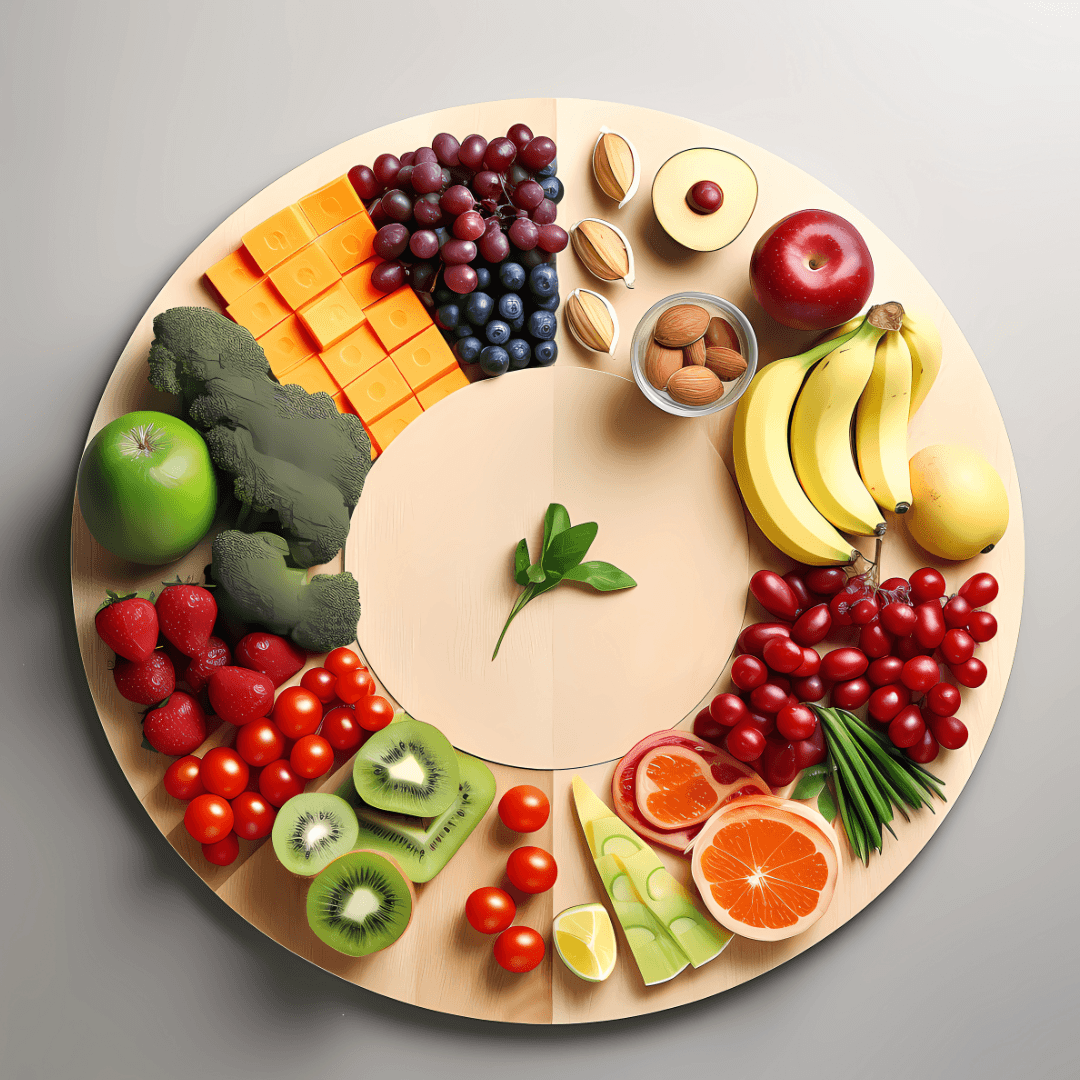
Is A Plant-Based Diet Healthier Than A Vegan Diet?
The comparison between a plant-based diet and a vegan diet regarding healthiness is nuanced, as both can be healthy or less healthy depending on individual choices and intentions.
It places a major emphasis on wellness and nutrition, intending to lower the risk of chronic illnesses and enhance general health.
This strategy promotes a varied diet, including nutrient-dense foods high in important vitamins, minerals, fiber, and antioxidants.
On the other hand, a vegan diet excludes all animal-derived products, and it is driven primarily by ethical and environmental concerns related to animal welfare and sustainability.
While a vegan diet can be healthful, some individuals might rely on heavily processed vegan substitutes that mimic animal-based products. These substitutes may only sometimes match the nutritional quality of whole plant foods.
Both diets can be incredibly healthy when approached mindfully, focusing on consuming various nutrient-dense plant foods.
The key factor is the quality of food choices within each dietary framework and individual health goals and values.
Individuals on a vegan diet need to pay attention to obtaining essential nutrients like vitamin B12, iron, and omega-3 fatty acids, which can be less abundant in a strictly plant-based diet.
Ultimately, the decision should reflect your priorities and what feels most sustainable and fulfilling.
It's also worth noting that there's no one-size-fits-all approach, and some individuals may find a blend of dietary principles that best suits their needs.
Do You Need To Pick One Over The Other?
Choosing between a plant-based diet and a vegan diet is not a one-size-fits-all decision but a matter of personal goals, values, and dietary preferences.
Both diets have their merits and can be incredibly healthy when approached mindfully.
A plant-based diet, focusing on whole, minimally processed plant foods, is often adopted for health reasons. It seeks to reduce the risk of chronic diseases and promote overall well-being.
It allows flexibility, making it suitable for those who occasionally include small animal products.
On the other hand, a vegan diet is driven primarily by ethical and environmental concerns, emphasizing the avoidance of all animal-derived products.
While it can also be healthful, it may involve relying on processed vegan substitutes that mimic animal-based products, potentially impacting the overall nutritional quality of the diet.
Ultimately, choosing these two dietary paths depends on your priorities. A well-balanced plant-based diet can offer several health advantages if your primary concerns are health and nutrition.
If your main concerns are animal welfare and sustainability, a vegan diet aligns with these values. However, both diets require careful attention to nutrient intake.
Vegans should pay particular attention to obtaining essential nutrients like vitamin B12, iron, and omega-3 fatty acids, which can be less abundant in a strictly plant-based diet.
In practice, some individuals may find that a flexible approach incorporating elements of both diets best suits their needs.
This might involve following a plant-based diet while occasionally adhering to strict vegan principles when dining out or making conscious ethical choices.
Ultimately, the decision should reflect what resonates most with your values, aligns with your health goals, and feels sustainable and fulfilling.
When making significant dietary changes, it's important to make informed choices, listen to your body's needs, and consult a healthcare professional or registered dietitian.
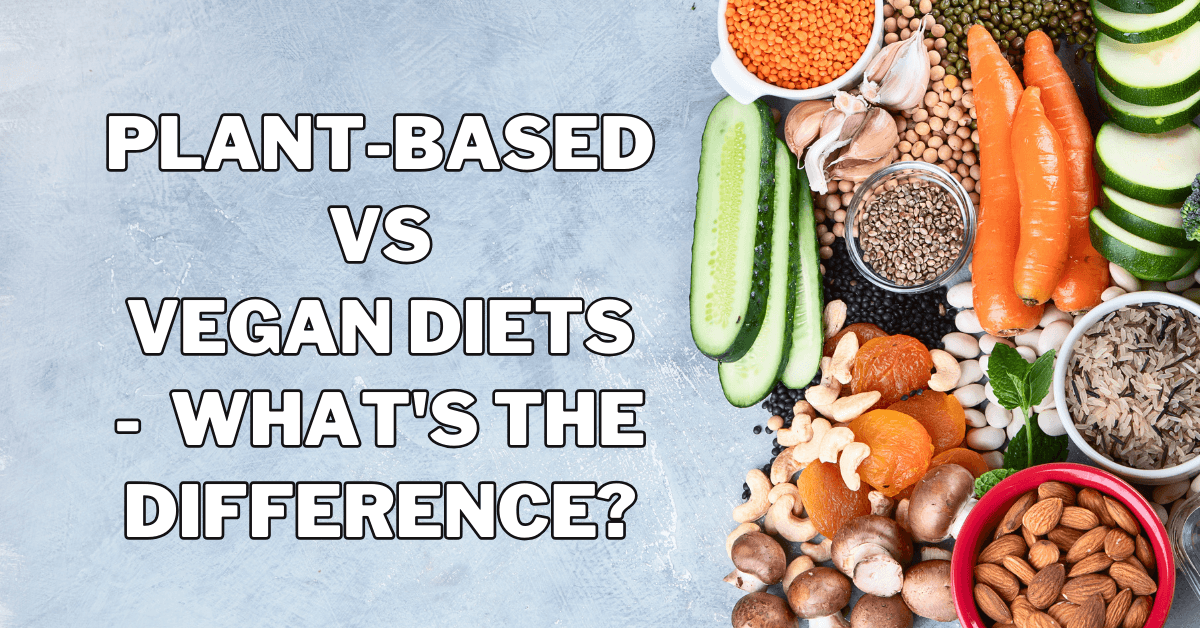
Conclusion
The Plant-Based vs Vegan Diets debate concerns individual values and commitments. Plant-based diets prioritize health with occasional animal product inclusion, offering flexibility.
On the other hand, veganism extends beyond diet, encompassing ethical and environmental concerns while adhering to strict plant-food adherence.
Choosing between them hinges on personal values – a plant-based approach for health-conscious flexibility or veganism for a holistic commitment to ethics and the environment.
Both emphasize plant foods, promote health, and contribute to a more compassionate world. Choose a path that aligns with your values and goals.
I trust you enjoyed reading the article “Plant-Based vs Vegan Diets: What's the Difference?” Please stay tuned. More blog posts will be posted very shortly.
JeannetteZ
>>>Please click here to read my Vegan Travel Guides To World Destinations<<<
>>>Want To Learn How To Create Delicious, Cruelty-Free, Healthy AND 100% Vegan Meals? Try These Awesome Vegan Cooking Courses With A Free 7-DAY MEMBERSHIP<<<
Your Opinion Is Important To Me
Do you have thoughts, ideas, or questions? I would love to hear from you. Would you please leave me your questions, experiences, and remarks about Plant-Based vs. Vegan Diets—What's the Difference in the comments section below? You can also reach me by email at Jeannette@LivingTheVeganLifestyle.org.
>>>Please click here to read what Wikipedia says about veganism<<<
Disclosure
This post may contain affiliate links. I earn from qualifying purchases as an Amazon Associate and other affiliate programs. Please read my full disclosure.
Here are some links to some of my favourite articles:
Countries With The Highest Rates Of Vegetarianism
Why Some People Don't Like Vegans


